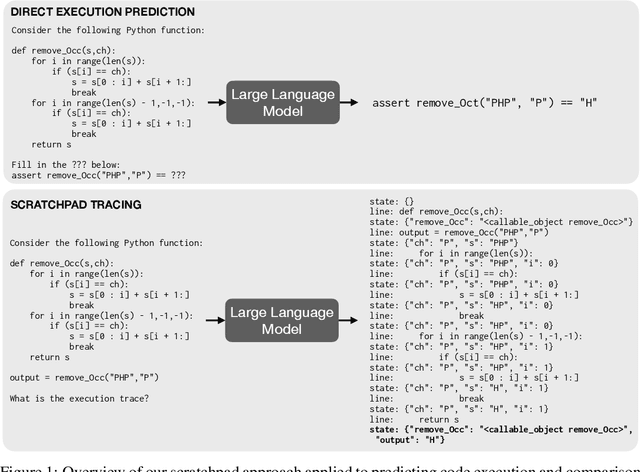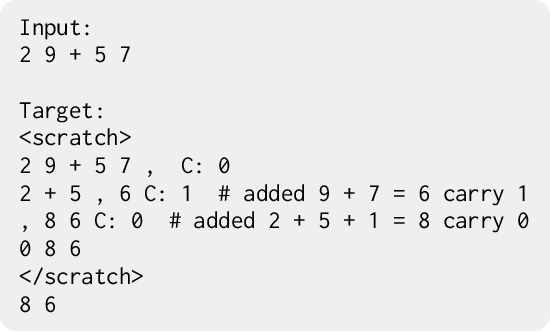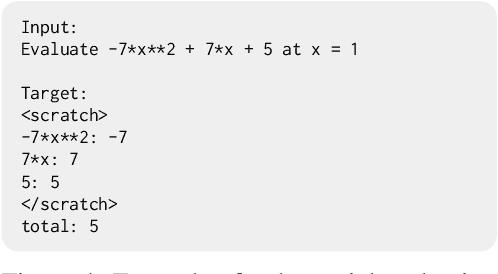David Luan
Chain of Thought Monitorability: A New and Fragile Opportunity for AI Safety
Jul 15, 2025
Abstract:AI systems that "think" in human language offer a unique opportunity for AI safety: we can monitor their chains of thought (CoT) for the intent to misbehave. Like all other known AI oversight methods, CoT monitoring is imperfect and allows some misbehavior to go unnoticed. Nevertheless, it shows promise and we recommend further research into CoT monitorability and investment in CoT monitoring alongside existing safety methods. Because CoT monitorability may be fragile, we recommend that frontier model developers consider the impact of development decisions on CoT monitorability.
PaLM: Scaling Language Modeling with Pathways
Apr 19, 2022



Abstract:Large language models have been shown to achieve remarkable performance across a variety of natural language tasks using few-shot learning, which drastically reduces the number of task-specific training examples needed to adapt the model to a particular application. To further our understanding of the impact of scale on few-shot learning, we trained a 540-billion parameter, densely activated, Transformer language model, which we call Pathways Language Model PaLM. We trained PaLM on 6144 TPU v4 chips using Pathways, a new ML system which enables highly efficient training across multiple TPU Pods. We demonstrate continued benefits of scaling by achieving state-of-the-art few-shot learning results on hundreds of language understanding and generation benchmarks. On a number of these tasks, PaLM 540B achieves breakthrough performance, outperforming the finetuned state-of-the-art on a suite of multi-step reasoning tasks, and outperforming average human performance on the recently released BIG-bench benchmark. A significant number of BIG-bench tasks showed discontinuous improvements from model scale, meaning that performance steeply increased as we scaled to our largest model. PaLM also has strong capabilities in multilingual tasks and source code generation, which we demonstrate on a wide array of benchmarks. We additionally provide a comprehensive analysis on bias and toxicity, and study the extent of training data memorization with respect to model scale. Finally, we discuss the ethical considerations related to large language models and discuss potential mitigation strategies.
Show Your Work: Scratchpads for Intermediate Computation with Language Models
Nov 30, 2021



Abstract:Large pre-trained language models perform remarkably well on tasks that can be done "in one pass", such as generating realistic text or synthesizing computer programs. However, they struggle with tasks that require unbounded multi-step computation, such as adding integers or executing programs. Surprisingly, we find that these same models are able to perform complex multi-step computations -- even in the few-shot regime -- when asked to perform the operation "step by step", showing the results of intermediate computations. In particular, we train transformers to perform multi-step computations by asking them to emit intermediate computation steps into a "scratchpad". On a series of increasingly complex tasks ranging from long addition to the execution of arbitrary programs, we show that scratchpads dramatically improve the ability of language models to perform multi-step computations.
 Add to Chrome
Add to Chrome Add to Firefox
Add to Firefox Add to Edge
Add to Edge